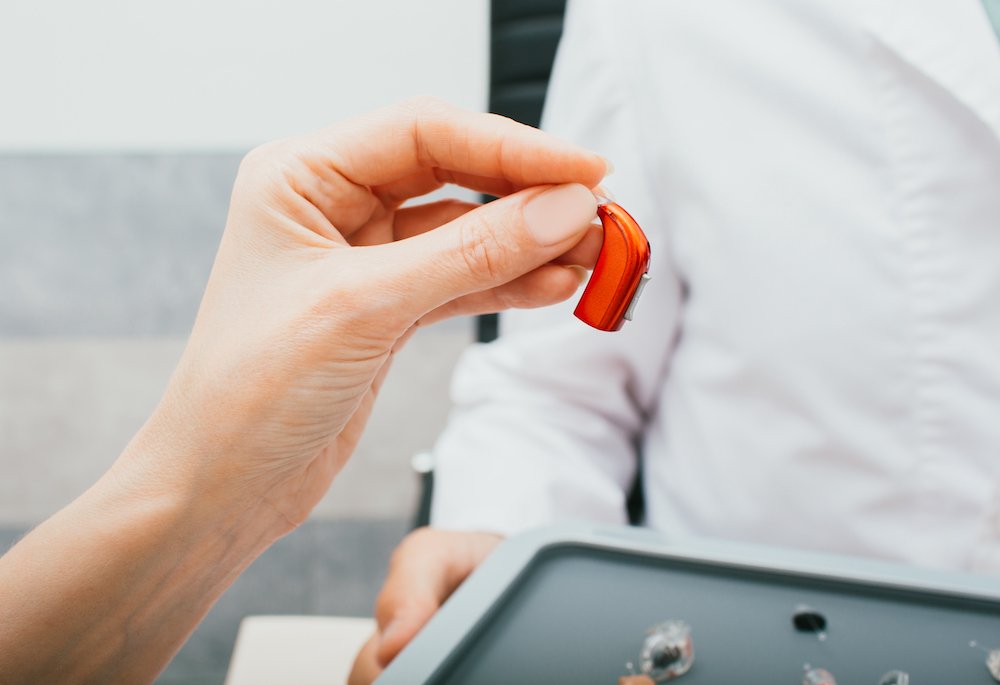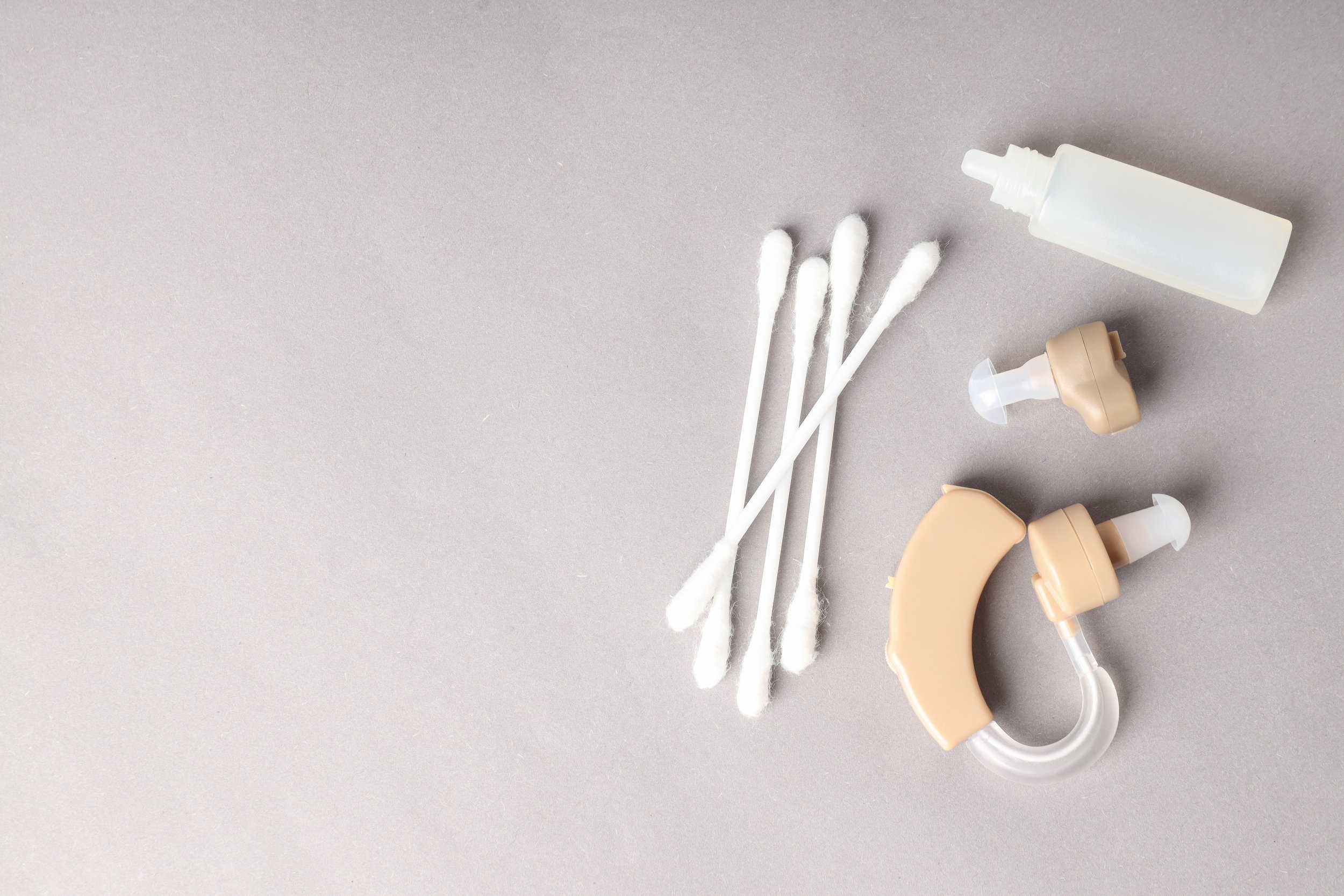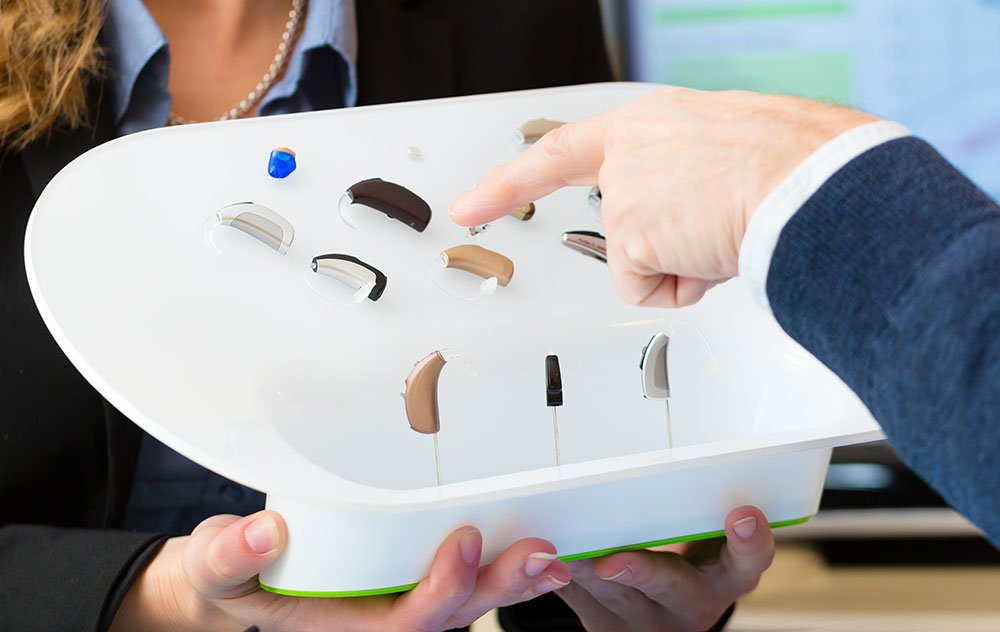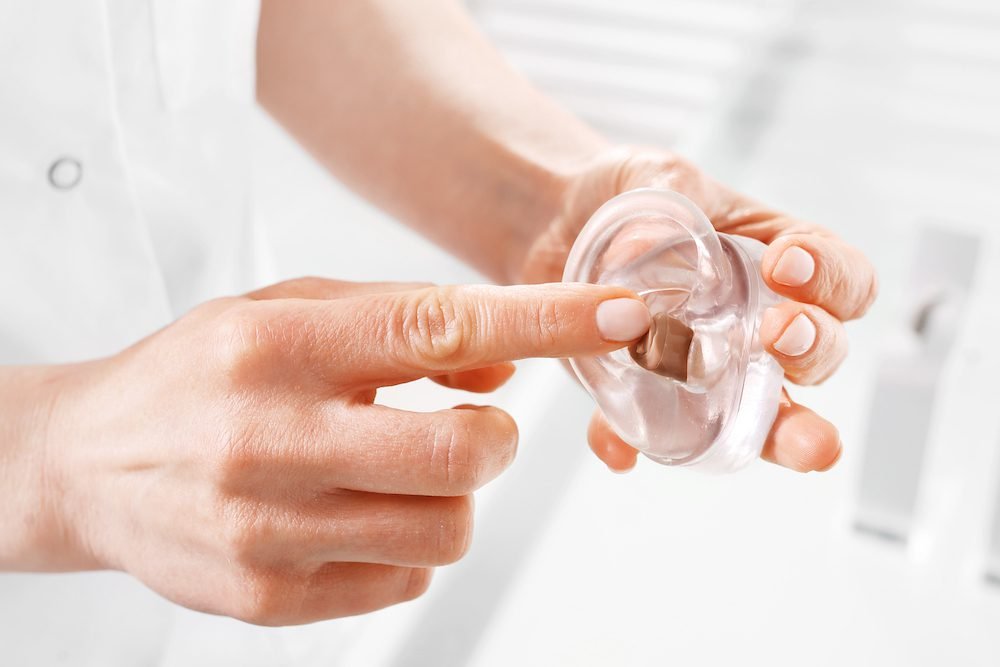Dos and Don’ts When Selecting Ear Protection

Hearing loss is becoming increasingly common throughout the population, but did you know that in many cases, hearing loss is caused by exposure to excessive noise? Protecting your ears from this repeated exposure to noise can reduce or event prevent noise-induced hearing loss altogether.
This is where ear protection comes in. It is essential in protecting the delicate structures and tissues within the ear. We’ve rounded up some of the key dos and don’ts when it comes to choosing the right kind of ear protection for your needs.
Do: Recognize the Symptoms of Hearing Loss
The tissues within the ear are very sensitive, they need to be to allow us to hear different levels of sound. Once these tissues are damaged, they usually do not recover but you can prevent further issues by recognizing the signs. These include noticing a ringing in the ears, also known as tinnitus. Noticing that you’re having to turn the TV or radio up to hear it well.
Or are you finding it difficult to hear what people are saying when having conversations?
Do: Visit Your Audiologist
Your first step in protecting your hearing should be to visit your audiologist. They will be able to clean out your ears of any stubborn wax and be able to educate you on the types of ear protection available and which would be best for your particular circumstances. They’ll talk to you about your employment, lifestyle and hobbies to identify where changes need to be made and hearing protection is worn.
If you are already experiencing a level of hearing loss, then they will be able to recommend and fit any hearing aids that might be required too.
When using hearing protection regularly, it’s a good idea to visit your audiologist on a regular basis to ensure that your ears are free from wax which may affect your hearing. Don’t be tempted to try and clean deep earwax build up yourself, you could cause further damage. Always let a professional do it for you.
Your audiologist will also be able to give you regular hearing tests and adjust your hearing protection recommendations accordingly.
Do: Use Hearing Protection Suited to Your Circumstances
There are different types of hearing protection, which are suitable for different situations. From earplugs to ear defenders, it’s more than a fashion choice, you need to use the correct level of protection for you.
Think about what levels of noise you are exposed to and for how long.
Do: Use the Correct Noise Reduction Rating
Every type of heating protection has a noise reduction rating. This lets you know how much it reduces noise levels. The higher the rating, the greater the level of noise reduction.
Using the right level of noise reduction is important. You might be working on a construction site, a live music venue or a factory. Each of these has different noise levels and durations.
Do: Clean Your Hearing Protection Regularly
Anything that spends time in your ears needs regular cleaning. By doing this, you’ll prevent bacteria and earwax from building up and causing health problems. Get into the habit of cleaning them off with an antibacterial wipe at the end of the day and every so often, give them a thorough cleaning too.
Don’t: Use Un-Molded Earplugs
When you need to use hearing protection on a regular basis, then you’re going to want it to be as comfortable as possible. That’s where bespoke molded earplugs come in. They are made to fit your ears perfectly, giving extra protection to your ears.
Comfortable earplugs means that you can wear them for longer.
Don’t: Share Your Hearing Protection
If you are using earplugs that fit into the inner ear, then you shouldn’t be sharing these with other people. This is a sure-fire way to catch infections from other people. Inner ear infections can be serious and cause a lot of discomfort.
If you are using ear protection, then this should be cleaned with an antibacterial wipe or spray before being used by someone else.
Adirondack Audiology
If you would like to speak to an audiologist regarding your hearing and hearing protection needs, visit Adirondack Audiology today. Our fully trained and experienced audiologists will be able to assess your needs and recommend the right type of hearing protection for you, allowing you to maintain your hearing for as long as possible. Call us at 800-273-9536.
Read our latest blogs
A lot of people have no idea how to clean their ears. If you think that your ear is filled with wax or clogged up, you might think about reaching for something to get rid of the issue. This could be a small piece of tissue, a pen lid or anything pointy to shovel it out.
A lot of people have no idea how to clean their ears. If you think that your ear is filled with wax or clogged up, you might think about reaching for something to get rid of the issue. This could be a small piece of tissue, a pen lid or anything pointy to shovel it out.
A lot of people have no idea how to clean their ears. If you think that your ear is filled with wax or clogged up, you might think about reaching for something to get rid of the issue. This could be a small piece of tissue, a pen lid or anything pointy to shovel it out.
A lot of people have no idea how to clean their ears. If you think that your ear is filled with wax or clogged up, you might think about reaching for something to get rid of the issue. This could be a small piece of tissue, a pen lid or anything pointy to shovel it out.
A lot of people have no idea how to clean their ears. If you think that your ear is filled with wax or clogged up, you might think about reaching for something to get rid of the issue. This could be a small piece of tissue, a pen lid or anything pointy to shovel it out.
A lot of people have no idea how to clean their ears. If you think that your ear is filled with wax or clogged up, you might think about reaching for something to get rid of the issue. This could be a small piece of tissue, a pen lid or anything pointy to shovel it out.
In most situations, hearing loss is caused by damage to the nerves in your inner ear. If these nerves start to weaken, then it’ll negatively affect your ability to hear.
Like most technology, hearing aids have some problems and malfunctions every now and then. You might find that you need to send your hearing aids off for repairs. It could be something simple, or it might be a little more complicated.
When is a cell phone hearing aid compatible? Fortunately, senior cell phones that do not interfere with hearing aids are clearly marked as such. In the United States, hearing aid compatibility testing is mandatory.
When is a cell phone hearing aid compatible? Fortunately, senior cell phones that do not interfere with hearing aids are clearly marked as such. In the United States, hearing aid compatibility testing is mandatory.
When is a cell phone hearing aid compatible? Fortunately, senior cell phones that do not interfere with hearing aids are clearly marked as such. In the United States, hearing aid compatibility testing is mandatory.
When is a cell phone hearing aid compatible? Fortunately, senior cell phones that do not interfere with hearing aids are clearly marked as such. In the United States, hearing aid compatibility testing is mandatory.
When is a cell phone hearing aid compatible? Fortunately, senior cell phones that do not interfere with hearing aids are clearly marked as such. In the United States, hearing aid compatibility testing is mandatory.
If you’re going to see an audiologist for the first time, you may be wondering what to expect. You may be slightly nervous, or you might be excited about the prospect of finding out more about hearing aids. If you’ve got your first appointment coming up, here are four things you can expect.
Anyone that has encountered signs of tinnitus will know that the condition can be very irritating. Severe cases can even feel debilitating, forcing you to stay in bed due to problems with your balance and hearing.
A hearing test provides a measurement of the sensitivity of a person’s hearing across the full range of speech. The test will measure the quietest sound that can be heard several points across the speech range. This hearing test is termed an audiogram and will be performed by an audiologist.
If you believe you may be experiencing hearing loss, then attending a hearing aid evaluation can be the first step towards accessing treatment.
Hearing loss comes in different shapes and forms. For people who are experiencing hearing loss for the first time, it’s hard to tell whether they are dealing with severe or mild hearing loss without running a hearing test.
Millions of people in the United States wear hearing aids, and for many, it is a life-changing experience. However, for some, wearing a hearing aid can be difficult because the aid does not fit properly. If you are having trouble with your hearing aid, you may need to get a new one.
Your hearing aids will require cleaning like anything else you use regularly. Quality hearing aid cleaning will provide years of reliable and better hearing.
It’s a question that often comes up for people who are new to hearing aids – how long do they last? The answer, of course, depends on a number of factors, such as the make and model of hearing aid, how well they’re taken care of and how often they’re used.
Most people take their hearing for granted until they experience a hearing loss. Your hearing health depends on many things, such as the health of your ears, your ability to understand speech and how well you adapt to changes in your hearing.
Make hearing aid repairs simple with our essential guide. Learn how to avoid frequent issues and extend the life of your hearing aids with easy maintenance practices.
Get a detailed overview of the hearing aid fitting process, including what happens during your appointment and how to choose the right device for your needs.
Discover the 4 key steps of a successful hearing aid evaluation and what to expect during your hearing aid test to ensure the best hearing solution for you.
Hearing loss is a significant cause of social isolation, which can make you vulnerable to developing depression and even dementia. If you are experiencing hearing loss to any degree, you need to consider corrective devices such as hearing aids to improve your lifestyle and maintain your communication. Beware, however, that investing in hearing correction is a commitment not to take lightly.
When it comes to hearing protection, earplugs are one of the most popular options. Offering the ability to comprehensively block sound and preserve hearing health, along with easy portability, it is no surprise that earplugs enjoy such prominence. But to enjoy these benefits, it is important to find the right kind of earplugs for you.
Discover safe and effective ways to remove ear wax with manual techniques and irrigation methods. Learn how to care for your ears and prevent buildup.
People tend to clean their ears by themselves with items they can find at home. This may include little picks, it could include cotton swabs or it might even just be their finger.
So, you’re thinking about hearing aids in comparison to cochlear implants and want to get more information on both? Although your audiologist is the best person to consult with regards to this, we’re going to delve into this topic in today’s blog post.
















